The Science Behind Social Media Addiction
16 February 2025
Have you ever found yourself endlessly scrolling through Instagram, Twitter, or TikTok without even realizing how much time has passed? Don’t worry, you’re not alone. Social media has become a huge part of our everyday lives, but for many, it’s more than just a casual habit — it’s an addiction. But what is it about social media that keeps us hooked? Why do we feel the need to constantly check notifications or scroll through our feeds? Let’s dive into the science behind social media addiction and understand how these platforms are designed to keep us coming back for more.
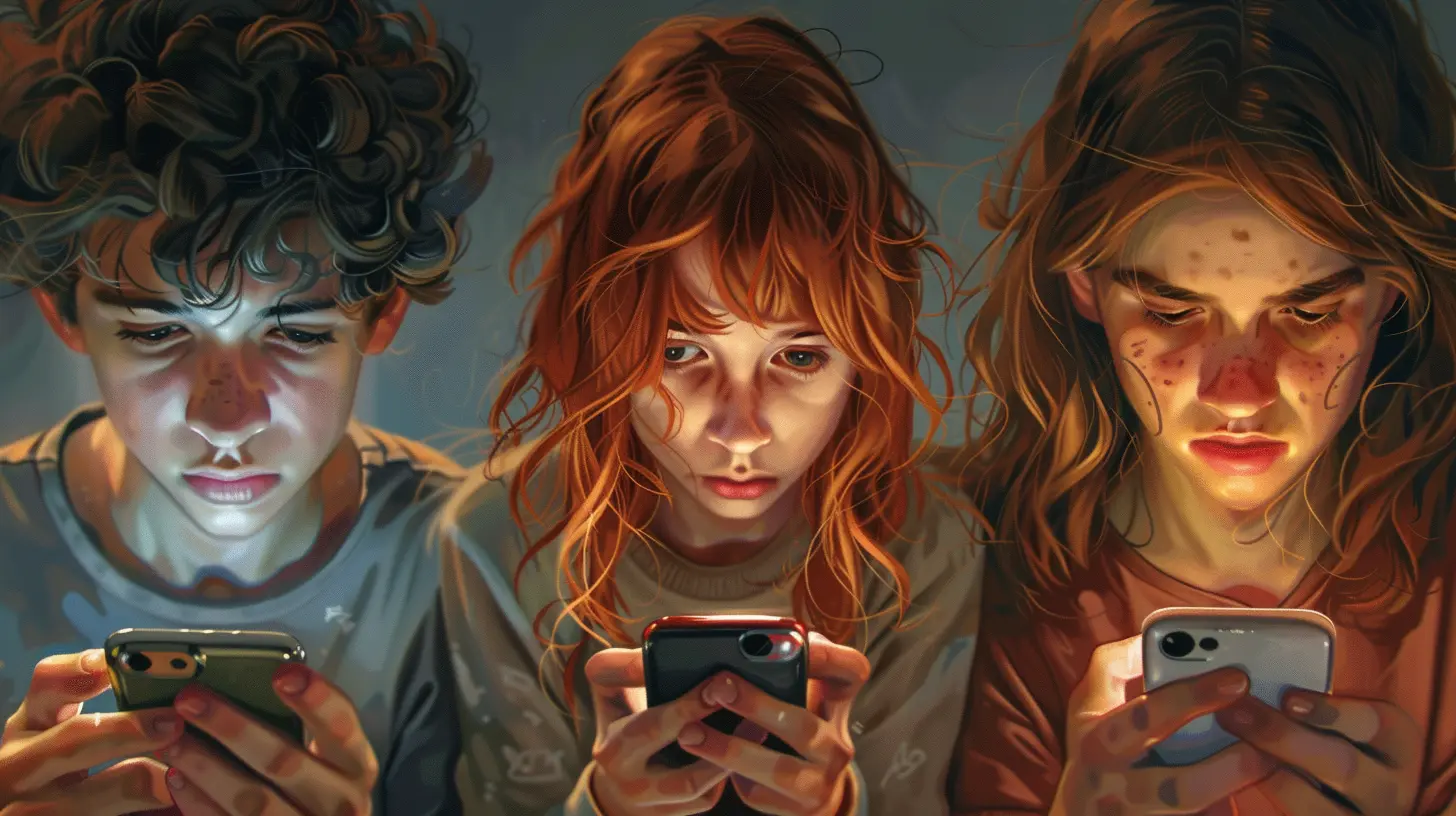
What is Social Media Addiction?
Before we jump into the science, let's first define what social media addiction actually means. Simply put, social media addiction refers to the compulsive use of social networking sites, leading to negative effects on mental health, relationships, and productivity. It’s not just about spending too much time on your phone; it’s about feeling a psychological dependence on social media, to the point where it interferes with your daily life.Does this sound familiar? If so, you’re not alone. Millions of people around the globe experience this, and there’s actually a lot of scientific research that explains why social media is so hard to put down.
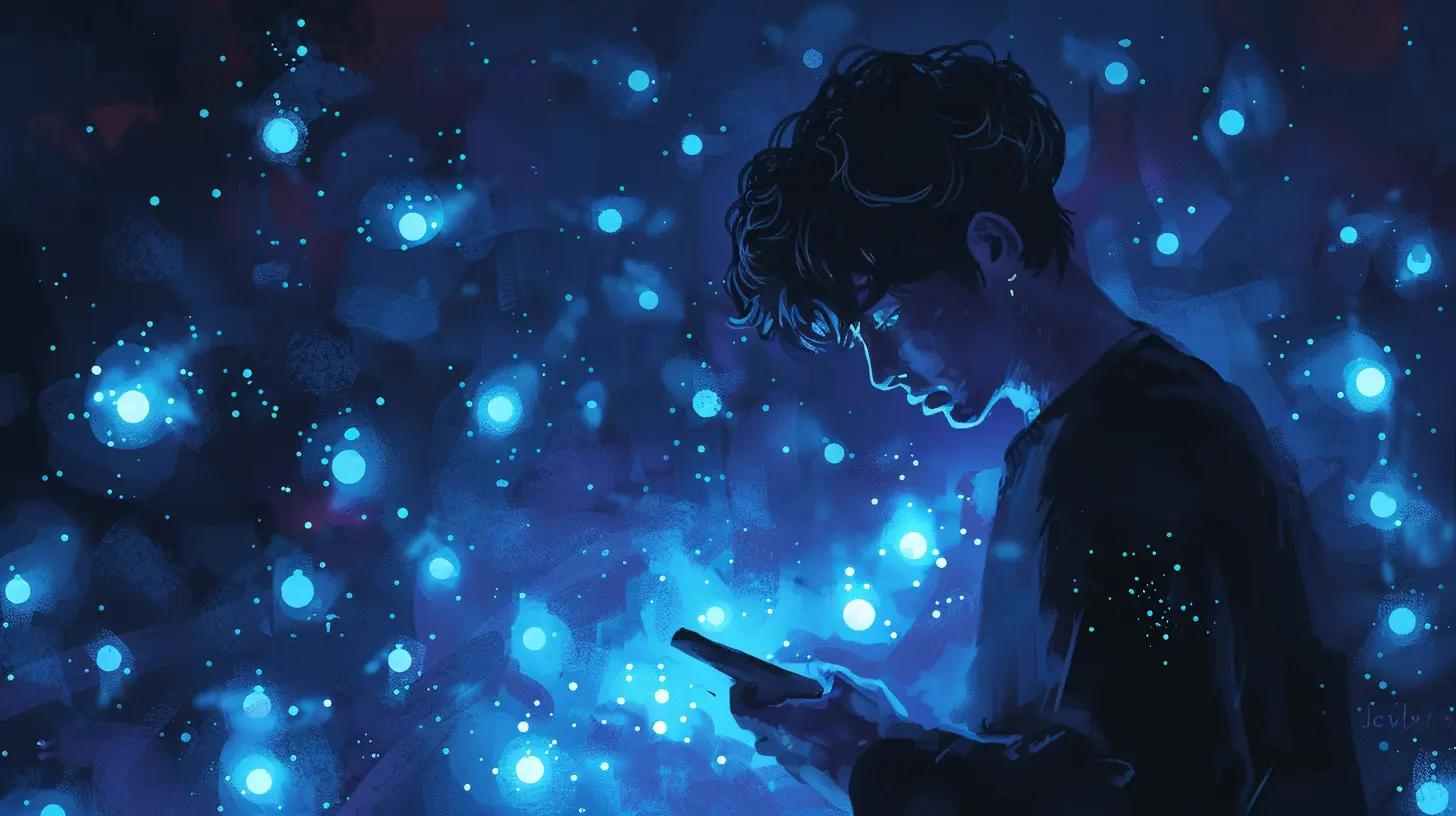
The Dopamine Loop: Why Social Media Feels So Good
Let’s start with the brain’s reward system. Every time you get a like, comment, or share on your posts, your brain releases a tiny amount of dopamine — a chemical that makes us feel good. Dopamine is part of the brain’s reward system, and it’s the same chemical that gets released when you eat your favorite food, win a game, or receive a compliment.Social media platforms are designed to maximize this dopamine release. Every notification you receive acts like a tiny hit of happiness. The unpredictability of when and how often these rewards will come — much like gambling — keeps you coming back for more. You’re constantly chasing that next dopamine hit, and before you know it, you’ve been scrolling for hours.
The Role of Variable Rewards
One of the reasons social media is so addictive lies in a psychological principle called “variable rewards.” This concept comes from behavioral psychology and was first observed in experiments with animals. When rewards are given on an unpredictable schedule, the behavior to obtain those rewards becomes more persistent.Think about your social media feed. You’re not always sure what you’re going to see. Sometimes it’s a funny meme, sometimes it’s a cute puppy video, and sometimes it’s a post from a friend you haven’t seen in years. This unpredictability keeps you engaged because you’re always wondering, “What will I see next?”
It’s similar to how slot machines work. You pull the lever (or, in this case, swipe your screen) and wait for the reward. Sometimes you win big, other times you don’t, but the uncertainty is what keeps you hooked.
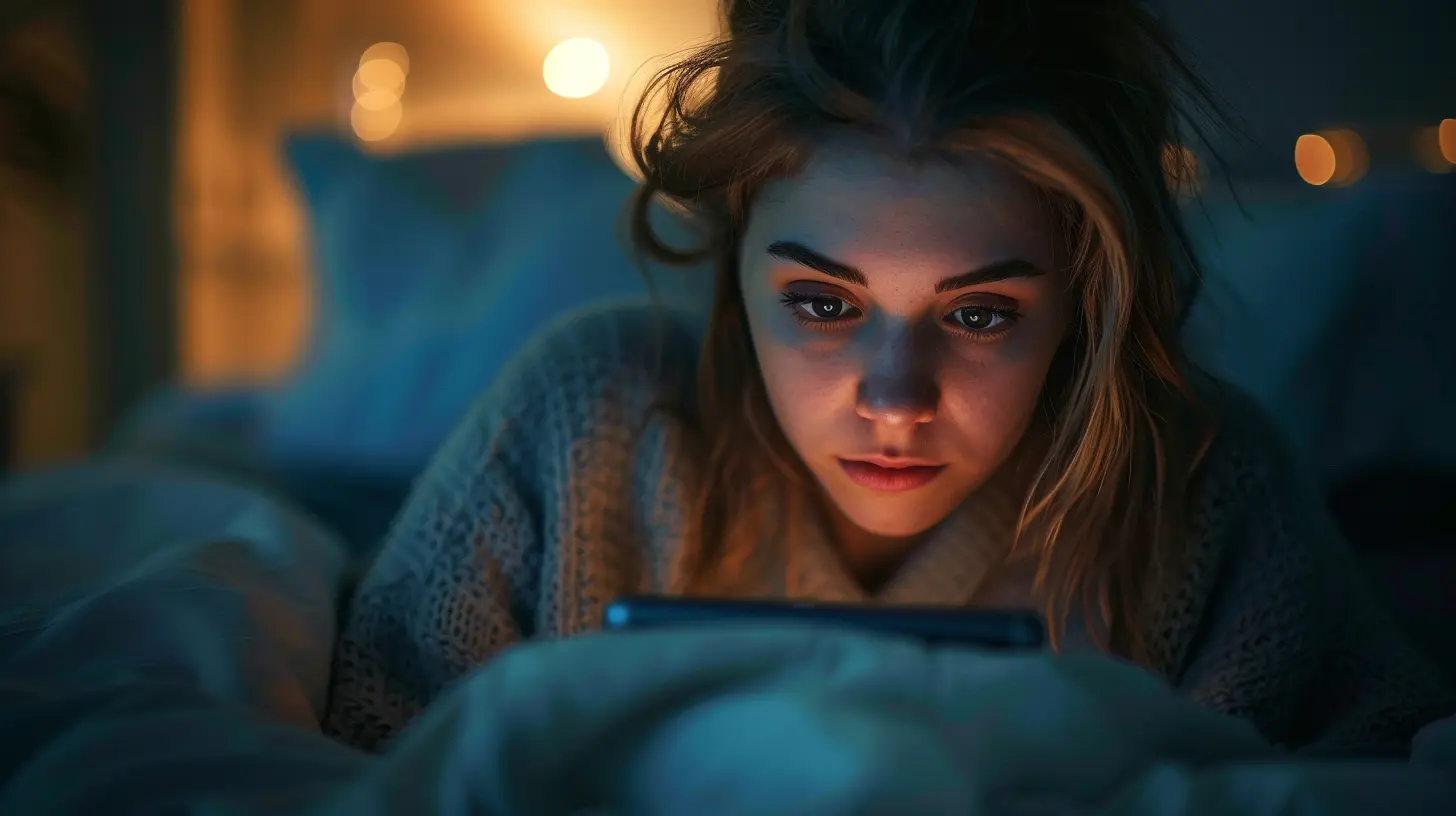
The Fear of Missing Out (FOMO)
Do you ever feel anxious when you haven’t checked your social media in a while? That’s the fear of missing out, or FOMO. It’s a real psychological phenomenon, and it’s another reason why social media addiction is so prevalent.FOMO stems from the feeling that you’re not part of something important or that you’re being left out of an experience. Social media exacerbates this because it’s constantly showing us what other people are doing, where they’re going, and who they’re with. It creates this illusion that everyone else is living a more exciting and fulfilling life than you are.
The result? You feel compelled to stay connected, to keep checking your feed, just to make sure you’re not missing out on anything. This continuous cycle of checking and rechecking social media feeds contributes to the addictive nature of these platforms.
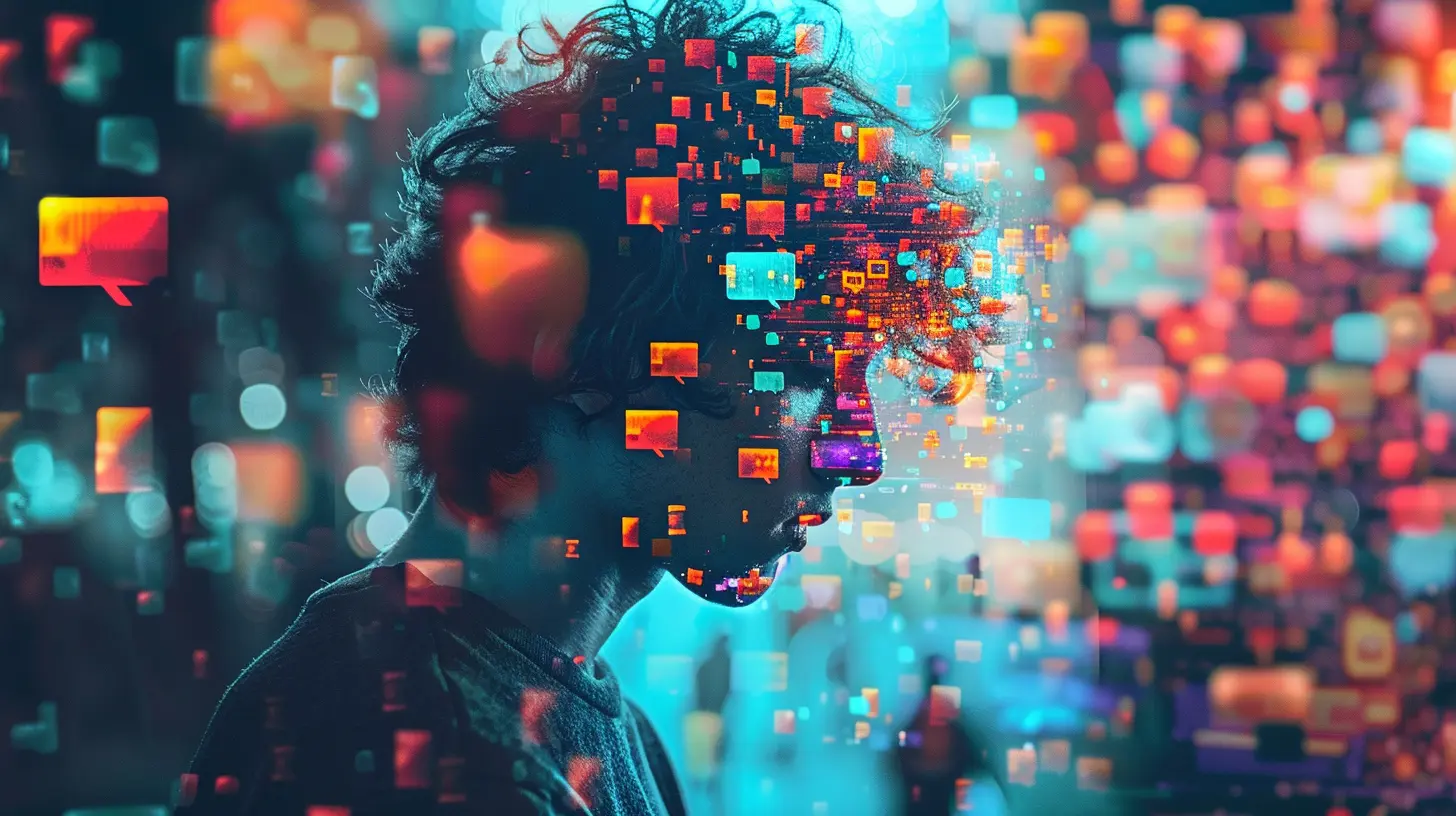
The Effects of Social Media Addiction on Mental Health
Now that we understand why social media can be so addictive, let’s talk about the consequences. While social media can have positive effects (like staying connected with friends and family), excessive use often leads to a number of negative mental health outcomes.Anxiety and Depression
Studies have shown that heavy social media use is linked to increased levels of anxiety and depression. Why? A big reason is that social media often leads to constant comparison. When you see carefully curated posts of people’s “perfect” lives, it’s easy to feel inadequate or like you’re falling behind.This comparison trap can lead to feelings of low self-esteem, anxiety, and even depression. And because social media is so addictive, even when you’re feeling down, you may turn to it for comfort, which only perpetuates the cycle.
Sleep Disruption
Let’s not forget about sleep! Late-night scrolling can lead to poor sleep quality, which has a direct impact on your mental health. The blue light emitted from your phone screen can interfere with your body’s natural sleep-wake cycle, making it harder to fall asleep. Plus, the stimulating content on social media keeps your brain active, even when you’re trying to wind down for the night.Lack of sleep, in turn, can lead to irritability, stress, and a decline in cognitive function, creating a vicious cycle that’s hard to break.
Lower Attention Span
Ever notice how hard it is to focus after spending time on social media? That’s because these platforms train your brain to crave constant stimulation. The fast-paced nature of social media — with its quick videos and endless scrolling — makes it difficult to focus on slower, more methodical tasks. Over time, this can lead to a reduced attention span and difficulty concentrating on important activities like work or study.The Role of Social Validation
Another key factor behind social media addiction is the need for social validation. Humans are naturally social creatures, and we all crave acceptance and approval from others. Social media taps into this by allowing us to put ourselves out there and receive immediate feedback in the form of likes, comments, and shares.When someone likes or comments on your post, it feels like a form of validation — proof that people approve of you or find you interesting. This desire for approval is deeply ingrained in our psychology, and social media provides a quick and easy way to seek it.
But here’s the catch: It’s never enough. Once you’ve received that validation, you’re left wanting more. This leads to a cycle of constantly seeking approval through new posts, stories, and updates, which only deepens your dependence on social media.
Why It’s Hard to Quit: The Allure of Social Connectivity
One of the reasons social media addiction is particularly difficult to overcome is because it offers something we all crave: connection. Social media gives us instant access to friends, family, and communities around the world. In an increasingly busy and isolated world, social media offers an easy way to stay in touch and feel connected.But this constant connection comes at a cost. While social media can help us maintain relationships, it can also replace real-life interactions, leading to feelings of loneliness and isolation. The irony is that the more we rely on social media to connect, the more disconnected we can feel from real-world relationships.
How to Break Free from Social Media Addiction
Okay, so we’ve established that social media addiction is real and that it has some pretty serious effects on our mental health. But what can you do about it? If you feel like you’re spending too much time on social media, here are a few strategies to help you break the cycle:1. Set Time Limits
One of the easiest ways to start reducing your social media use is by setting daily time limits. Many smartphones now have built-in features that allow you to track and limit your time on specific apps. By setting a limit, you can become more aware of how much time you’re spending on social media and start cutting back.2. Turn Off Notifications
Another helpful tip is to turn off social media notifications. Every time your phone buzzes or dings, it triggers a desire to check your apps. By turning off these constant interruptions, you can reduce the urge to open your social media accounts throughout the day.3. Practice Mindful Use
Instead of mindlessly scrolling through your feed, try practicing mindful social media use. This means being intentional about when and why you’re using social media. Ask yourself: Am I using this to connect with someone? To learn something new? Or am I just bored? By being more mindful, you can start to break the habit of using social media as a default activity.4. Engage in Real-Life Activities
Finally, one of the best ways to reduce your social media use is by engaging in more real-life activities. Whether it’s spending time with friends, picking up a new hobby, or exercising, finding offline activities that bring you joy can help fill the void that social media addiction often tries to fill.
Conclusion
Social media addiction is a growing issue in today’s digital age, and it’s easy to see why. The combination of dopamine-driven rewards, FOMO, and the need for social validation keeps us coming back for more. While social media can be a useful tool for staying connected, it’s important to recognize when it’s starting to take a toll on your mental health. By understanding the science behind social media addiction and taking steps to limit your use, you can start to regain control and find a healthier balance.all images in this post were generated using AI tools
Category:
Psychological ResearchAuthor:

Nina Reilly
Discussion
rate this article
7 comments
Jenna Cain
Thank you for shedding light on such an important topic. Social media addiction affects many, often in silent ways. Understanding the underlying psychology can help us approach our habits with compassion and foster healthier connections both online and offline.
April 2, 2025 at 3:23 PM

Nina Reilly
Thank you for your thoughtful comment! I'm glad you found the insights valuable and recognize the importance of compassion in addressing this issue.
Hailey McQuillen
Social media addiction: where scrolling through endless cat videos becomes a more compelling hobby than knitting! It's like our brains are powered by dopamine-fueled clicks instead of batteries. Who knew that ‘like’ button would become the new ‘thumbs up’ for our social lives? Just remember to log off occasionally—real cats need attention too!
March 17, 2025 at 4:41 PM

Nina Reilly
Thank you for your insightful comment! You’ve captured the essence of social media’s allure perfectly—it's crucial to find balance and remember the joys of real-life connections, including those with our furry friends.
Meredith Harmon
This article brilliantly delves into the intricate psychology of social media addiction! I'm fascinated by how our brains respond to notifications and likes. It raises intriguing questions about our social behaviors and mental health. How can we harness this knowledge to foster healthier online habits? Excited to explore further!
March 7, 2025 at 3:57 AM

Nina Reilly
Thank you for your thoughtful comment! I'm glad you found the article engaging. To foster healthier online habits, we can implement strategies like setting time limits, turning off non-essential notifications, and being mindful of our social media consumption. Excited for you to explore these ideas further!
Maverick Sweeney
This article highlights the psychological mechanisms driving social media addiction, offering insights into how to recognize and manage compulsive behaviors for better mental health.
February 26, 2025 at 5:06 PM

Nina Reilly
Thank you for your feedback! I'm glad you found the article insightful in addressing the psychological factors of social media addiction and its management.
Cecilia Henderson
Great article! It's fascinating how social media impacts us. Remember, it’s all about balance—step away to recharge, connect in real life, and enjoy the world around you! 🌍😊
February 21, 2025 at 5:54 PM

Nina Reilly
Thank you for your thoughtful comment! Balancing online and offline interactions is key to a healthy relationship with social media. 🌟
Emmett Burton
Great article! It’s fascinating how our brains crave that social media connection, yet it can easily turn into an addiction. Understanding this can help us find a healthier balance in our online lives!
February 19, 2025 at 5:09 AM

Nina Reilly
Thank you! I’m glad you found it insightful. Striking that balance is definitely key to a healthier relationship with social media.
Virginia Kane
Social media addiction: where scrolling aimlessly is a modern-day workout for your thumbs and a cardio session for your FOMO!
February 16, 2025 at 3:52 PM

Nina Reilly
Thank you for your witty comment! It perfectly captures the irony of social media's grip on us—engaging our thumbs while fueling our fear of missing out.
MORE POSTS
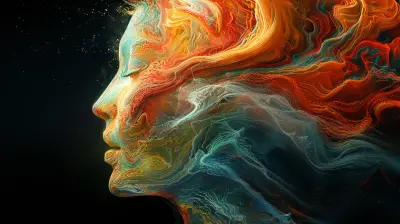
Understanding Freud’s Model of the Psyche: Id, Ego, and Superego
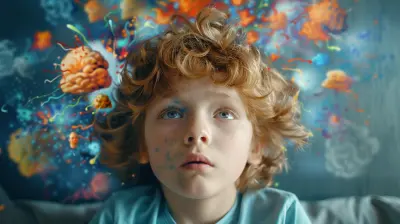
The Importance of Early Diagnosis of Attention Deficit Disorder

How Visualization Techniques Can Enhance Positive Outcomes

Why Some People Are More Prone to Panic Disorder

Untangling the Myths Around Borderline Personality Disorder

Why Focusing on Strengths Is More Effective Than Fixing Weaknesses